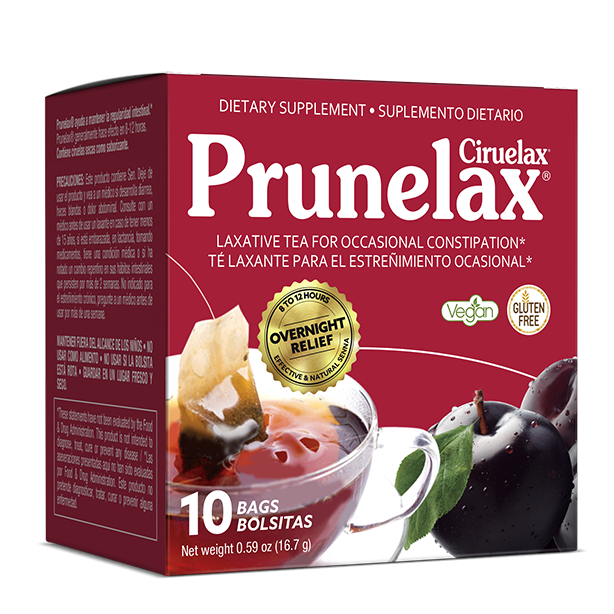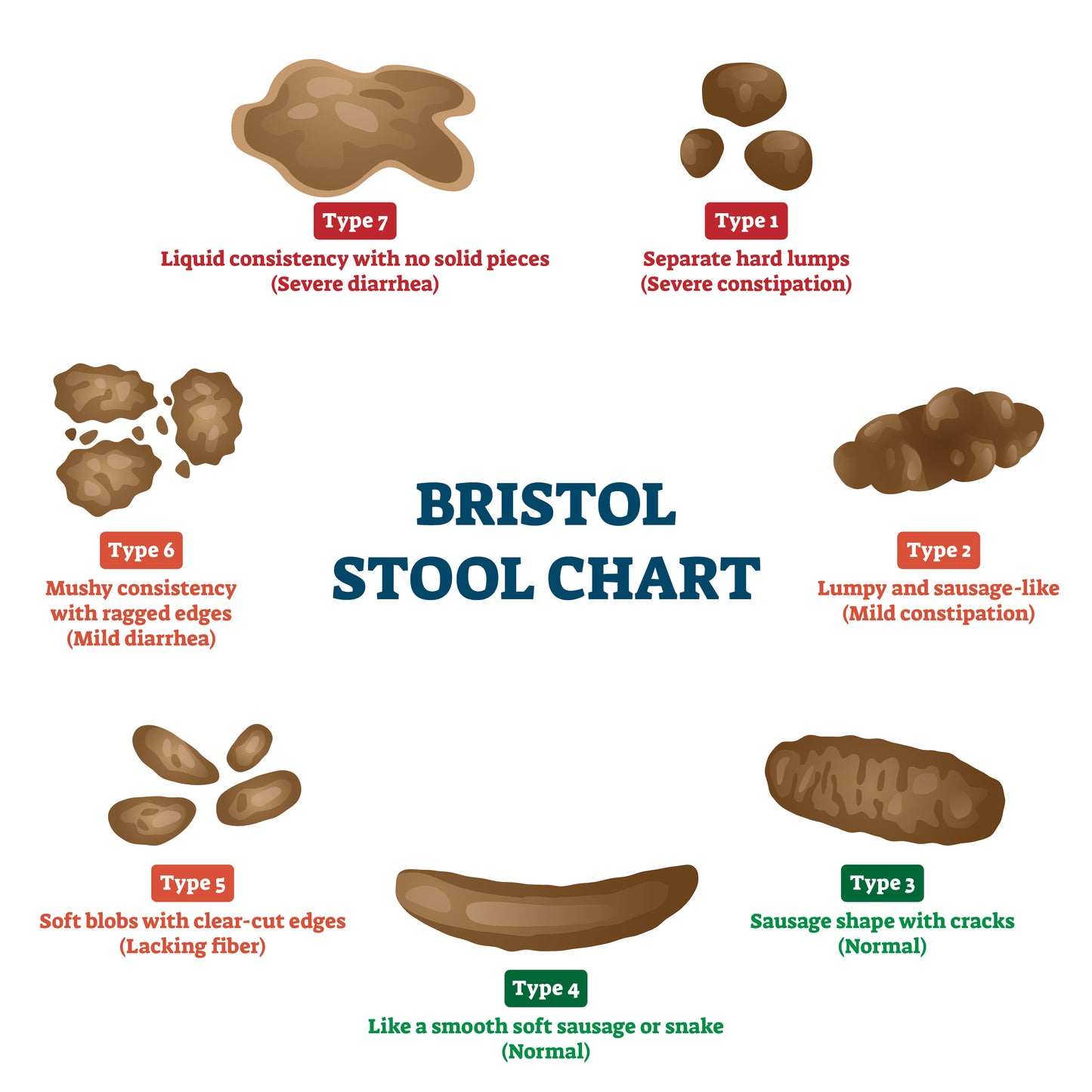Introduction:
Constipation is a common gastrointestinal issue affecting individuals of all ages and genders. However, research has consistently shown that women are more likely than men to experience constipation. This disparity has led researchers and healthcare professionals to investigate the underlying reasons contributing to this gender difference. While constipation can have multifactorial causes, this article will touch on some of the key factors that may explain why women are more susceptible to this condition.
Hormonal Influences: Hormones play a significant role in regulating bowel movements. Estrogen, the primary female sex hormone, affects gut motility, and its fluctuations throughout the menstrual cycle can impact bowel habits. In the premenstrual and menstrual phases, increased levels of progesterone can slow down intestinal movements, leading to constipation in some women.
Diet and Lifestyle: Diet and lifestyle choices are crucial factors in maintaining regular bowel movements. Studies have shown that women often consume less dietary fiber than men, which is essential for promoting bowel regularity. Additionally, some women may be more likely to follow restrictive diets or experience disordered eating patterns, both of which can contribute to constipation.
Psychological Factors: Psychological well-being can have a significant impact on gut health. Women, on average, tend to report higher stress levels than men, which can affect gastrointestinal function. Stress and anxiety can disrupt the balance of gut microbiota and alter gut motility, leading to constipation. Additionally, certain psychological disorders more prevalent in women, such as depression and eating disorders, have been linked to constipation as well.
Pelvic Floor Disorders: Pelvic floor disorders, like pelvic floor muscle dysfunction, are more common in women than in men. The pelvic floor muscles play a crucial role in bowel movements, supporting the rectum and helping control the expulsion of stool. Dysfunction in these muscles can lead to difficulties in passing stool effectively, leading to constipation.
Medications and Hormonal Therapies:
Certain medications may cause constipation as a side effect. Women, who tend to use more medications than men, might be at a higher risk of developing constipation due to these drug-induced effects. Additionally, hormone replacement therapies and contraceptive methods may also influence bowel movements and contribute to constipation in some women.
Conclusion:
While both men and women can experience constipation, the prevalence is notably higher in women. The reasons for this disparity are multifaceted and involve a combination of hormonal influences, dietary habits, lifestyle choices, psychological factors, and medical conditions. Promoting a healthy lifestyle, including a balanced diet, regular exercise, stress management, and appropriate medical treatment, when necessary, can help mitigate the risk of constipation in both women and men, improving overall gastrointestinal health and well-being.
*These statements have not been evaluated by the FDA. This product is not intended to diagnose, treat, cure prevent any disease.
Author: Virginia Catalán






